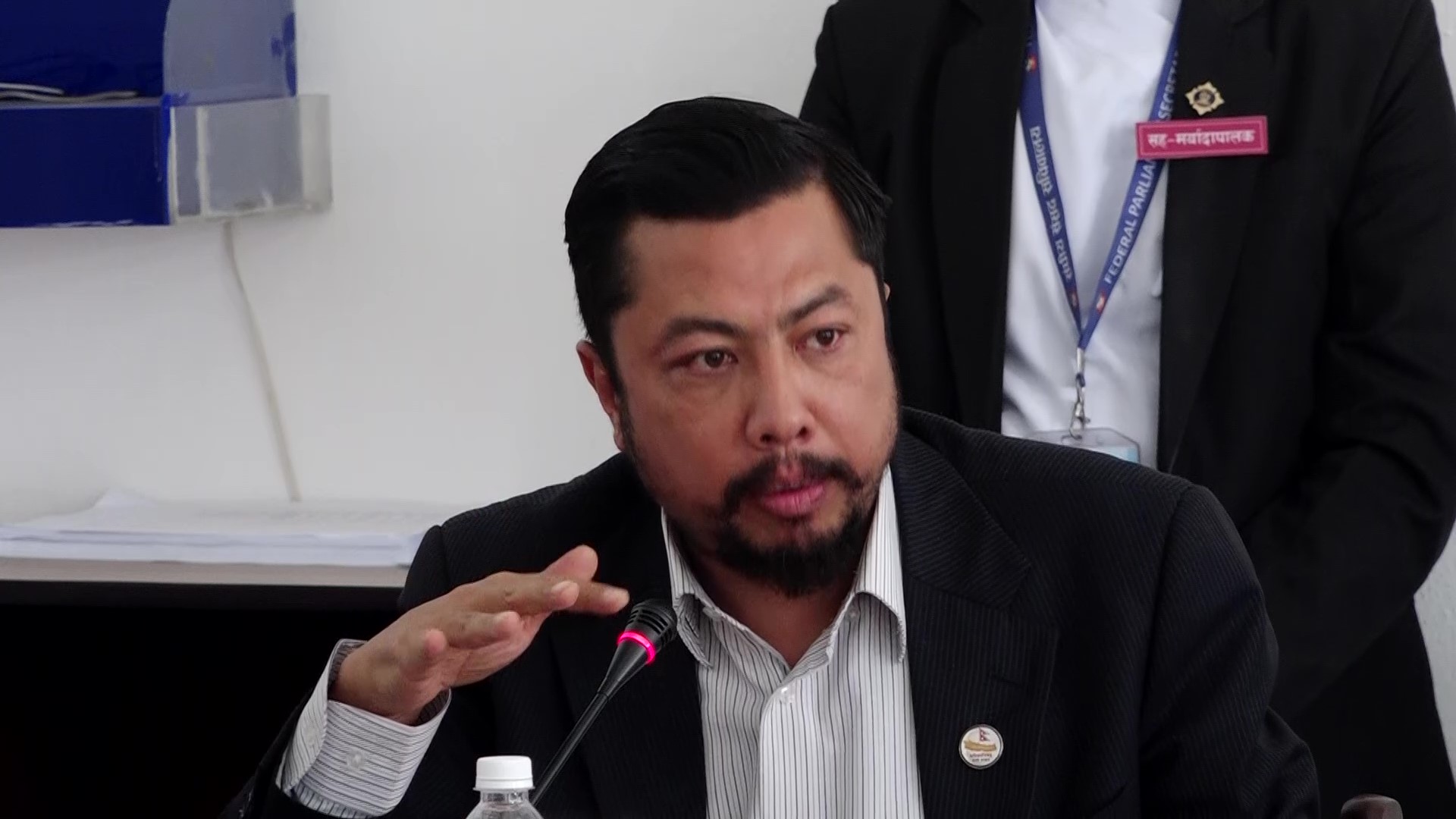Kathmandu. Israel and Iran launched their third consecutive day of attacks and counter-attacks on Sunday, citing a sharp increase in conflict between long-time adversaries due to rising casualties and elaborate targets. At least 10 people have been killed in Israeli attacks since Friday when Israel launched a wave of attacks targeting Iranian nuclear and military facilities.
This is the first time hard-core enemies have stepped up attacks so intensely, raising fears of a prolonged conflict that could cover the Middle East, despite international leaders calling for tensions.
Recent developments : – Deadly Iranian attack
According to the Israeli Emergency Service, Iran fired deadly missiles into Israel from Saturday night to Sunday, killing at least 10 people, including children, and injuring nearly 200.
Air raid sirens and explosions were heard in Jerusalem and Tel Aviv on Sunday morning. The Israeli military said millions of Israelis were “fleeing for asylum” in dozens of cities and communities across the country.
Iran’s ambassador to the United Nations says 78 people have been killed and 320 injured in the first wave of Israeli attacks in Iran. But Iranian officials did not provide updated numbers as of Sunday morning.
Iran also attacked locations used by Israeli warplanes to refuel, the Revolutionary Guards said on Sunday morning. Israel says it has stopped seven drones left on its territory and is working to prevent further attacks on Iran.
Yemen’s Iran-backed Houthi rebels on Sunday said they had fired several missiles at Israel. Israel expanded its targets on air defense and oil infrastructure after it killed top officials and scientists targeting Iranian military and nuclear facilities.
Iran’s oil ministry said on Sunday that the Israeli attack had hit two fuel facilities in Tehran. AFP reporters reported that they saw a fire in oil reserves in Sahran, northwest of the Iranian capital.
On Saturday, the Israeli military said it was attacking dozens of missile launchers in Iran after announcing a wave of attacks targeting air defense in tehran region. Iranian news agency Tasnim said on Sunday morning that the Israeli attack also targeted the headquarters of the country’s defense ministry in Tehran and damaged one of its buildings. The Ministry of Defence has not commented on this.
Failed nuclear diplomacy
Iran’s Foreign Minister Abbas Araghchi on Sunday criticised Tehran’s silence on Israeli attacks after tehran promised to limit its cooperation with the UN’s nuclear watchdog, saying on Sunday that Israel had “crossed a new line” by targeting Iran’s nuclear sites. “It is absolutely clear that the Israeli regime does not want any compromise on the nuclear issue.
It doesn’t want talks and doesn’t seek diplomacy,” Araghchi told foreign diplomats. He said Friday’s attack was an attempt to “undermine diplomacy and derail negotiations”. Iran’s nuclear program has been hit by the deadliest firing between hard-line enemies amid ongoing talks between Tehran and Washington to reach an agreement.
The two sides had planned to hold the sixth round of talks in Oman on Sunday ahead of the Israeli attack. Iran’s President Masood Pejeskian said on Saturday that Tehran would not participate in nuclear talks with the United States as long as Israel continues to attack Iran. Western governments have repeatedly accused Iran of seeking nuclear weapons. Iran has denied the allegations.
International concern
Other nations have warned against restraint and a major conflict. Us President Donald Trump said on Saturday that he and Russian President Vladimir Putin agreed in a phone call that the conflict between Iran and Israel should “end”. But on Sunday morning, Trump reiterated that Washington has “nothing” to do with Israel’s attack on Tehran’s nuclear and intelligence facilities, warning iran that if it attacks the United States, it will experience the “full power” of the US military. Iraq, a close ally of Tehran but a strategic partner of the United States, iran’s arch-enemy, has reached out to the Iranian and U.S. governments to prevent regional tensions.




























प्रतिक्रिया दिनुहोस्